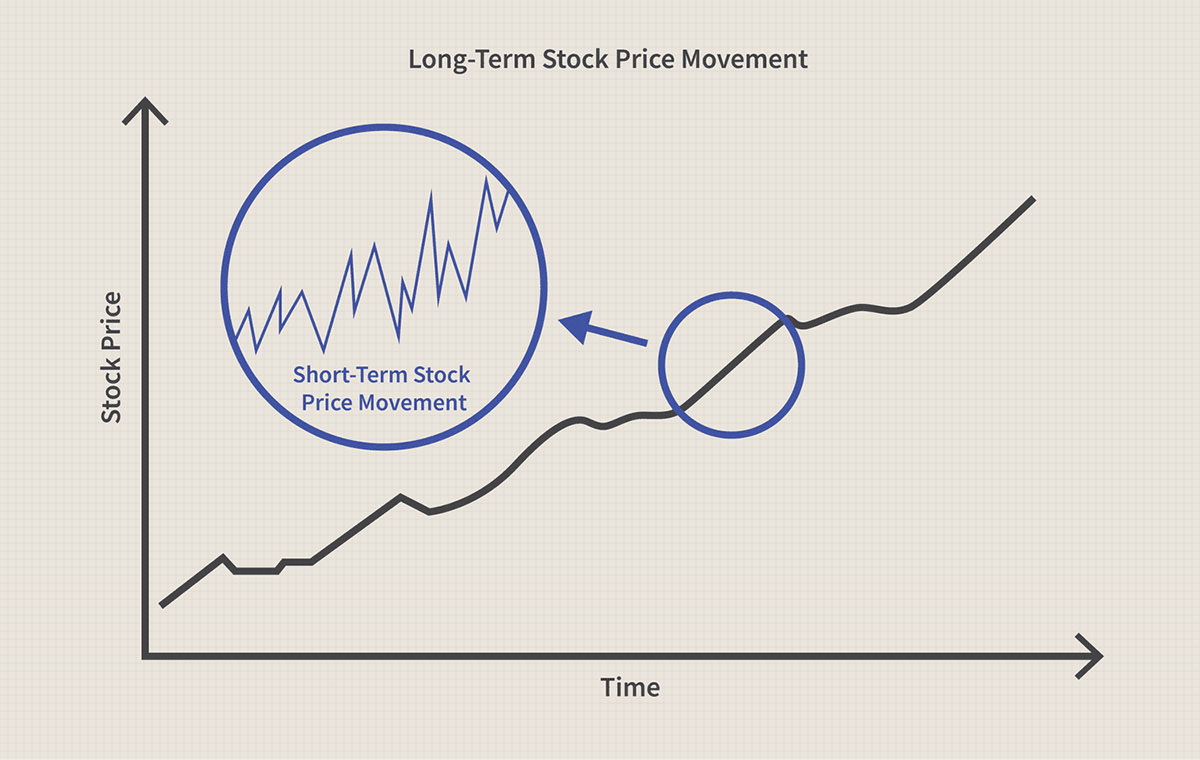Home>Finance>Outperform: Definition And Examples In Finance And Investing


Finance
Outperform: Definition And Examples In Finance And Investing
Published: January 4, 2024
Learn the meaning of "outperform" in finance and investing, along with real-life examples. Discover how it can impact your financial decisions.
(Many of the links in this article redirect to a specific reviewed product. Your purchase of these products through affiliate links helps to generate commission for LiveWell, at no extra cost. Learn more)
Outperform: Definition and Examples in Finance and Investing
Investing in the financial market can sometimes feel like a daunting task. With countless companies and investment opportunities, how can you identify which ones will perform well and which ones will underperform? This is where the concept of “outperform” comes into play. In this blog post, we will explore the meaning of outperform in finance and investing, as well as provide examples to help you understand its significance.
Key Takeaways:
- Outperforming refers to the ability of an investment or asset to generate higher returns or perform better than a benchmark or market average.
- Investors use various metrics and analysis techniques to identify investment opportunities that are expected to outperform in the future.
So, what does it mean when we say a stock or an investment has “outperformed”? In the context of finance and investing, outperformance refers to the ability of an investment or asset to generate higher returns or perform better than a benchmark or market average. This means that the investment has provided better results than expected or has exceeded the performance of comparable investments.
Examples of Outperforming Investments:
Now that we understand the definition of outperforming, let’s explore some examples to illustrate its relevance in investment decisions.
- Company XYZ’s stock outperforms the market: Imagine you invested in Company XYZ’s stock, and over a specific period, the stock price increased by 20%, while the overall market’s performance only registered a 10% increase. In this case, Company XYZ’s stock has outperformed the market.
- Mutual fund outperforms its benchmark: Let’s say you have invested in a mutual fund that aims to track the performance of a specific index, such as the S&P 500. If the mutual fund’s return exceeds the return of the index it follows, it is considered an outperforming investment.
- An investment beats analysts’ expectations: Analysts often make predictions about the future performance of various investments. If an investment exceeds these expectations and performs better than anticipated, it is said to have outperformed.
Identifying outperforming investments requires thorough research, analysis, and understanding of industry trends, financial statements, and market conditions. Investors rely on various metrics, such as return on investment (ROI), price-to-earnings ratio (P/E ratio), and earnings per share (EPS), to assess the potential for outperformance.
While past performance is not always a guarantee of future results, analyzing historical data can provide valuable insights into how an investment has performed in different market conditions. It’s important to keep in mind that not all investments will outperform, and there is always a level of risk involved in investing.
In conclusion, if you’re a beginner in the world of finance and investing, understanding the concept of outperforming is crucial. It helps you assess the potential of an investment and make more informed decisions. Remember, though, that doing comprehensive research and consulting with professionals is always recommended before making any investment decisions.














